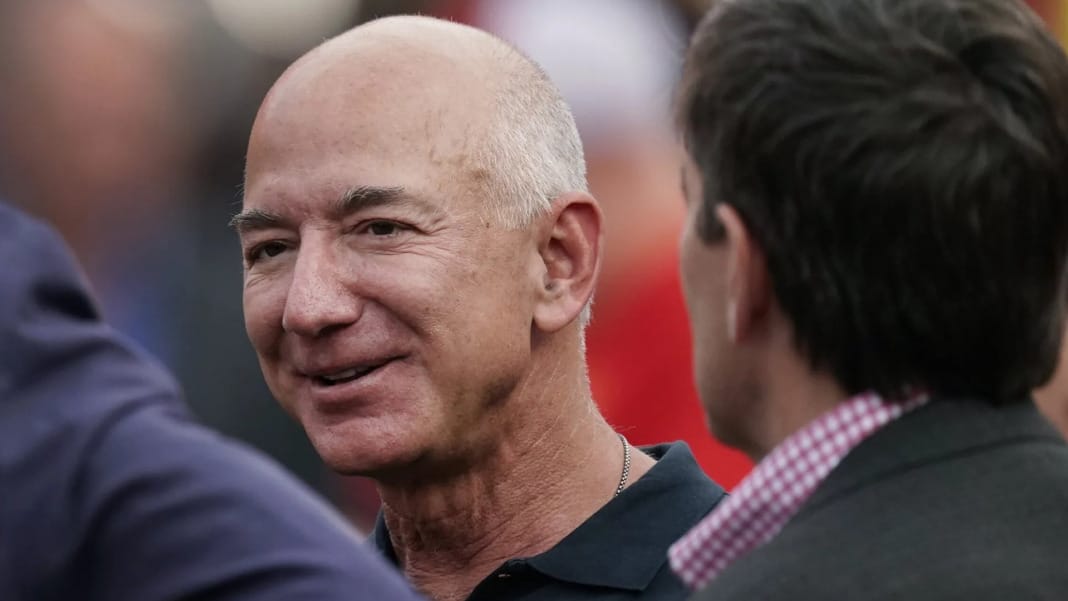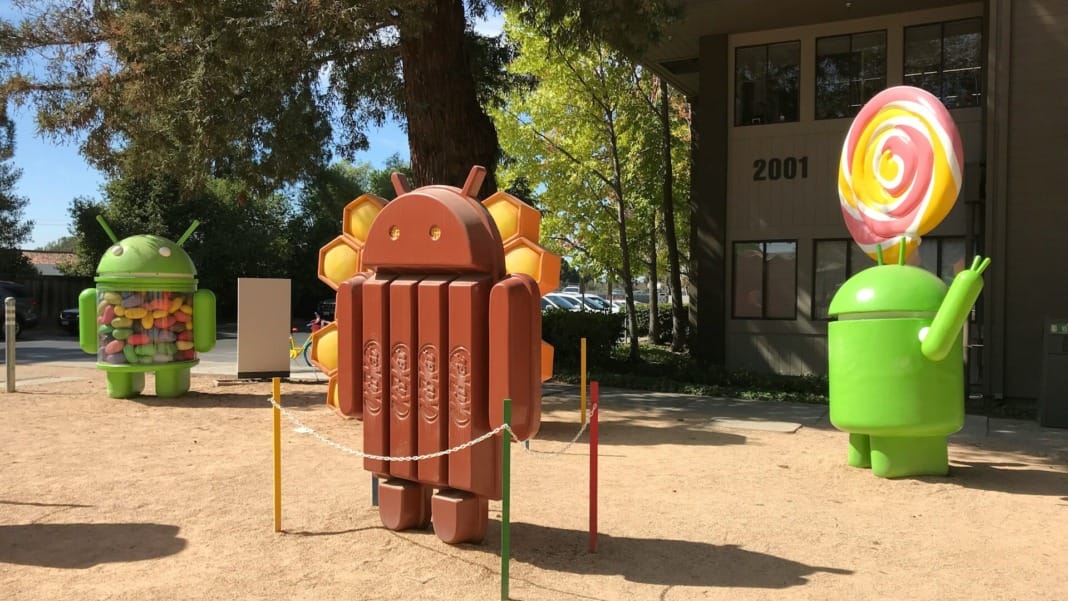TikTok’s attempt to delay the European Union’s (EU) classification of it as a “gatekeeper” under the Digital Markets Act (DMA), thereby subjecting it to rigorous antitrust regulations, has been dealt a blow by a recent court ruling. The EU’s General Court has dismissed ByteDance’s request for an interim measure, citing a lack of urgency demonstrated by the company in its arguments.
The court’s decision implies that TikTok must now comply with DMA rules set to take effect in March, pending the EU’s final verdict on the appeal against its gatekeeper status. ByteDance, TikTok’s parent company, sought an interim measure in December to postpone compliance with DMA regulations until the EU reached a decision on its appeal. However, the court found ByteDance’s arguments insufficient to warrant such a delay.
The judges stated, “ByteDance has not shown that there is a real risk of disclosure of confidential information or that such a risk would give rise to serious and irreparable harm.”
Implications of gatekeeper designation
As a designated gatekeeper, TikTok joins the ranks of major tech firms like Apple, Meta (formerly Facebook), Amazon, and Google. These companies are obligated to implement various changes for EU users, including granting third-party businesses access to their platforms and obtaining consent for personalised advertising. Failure to comply with DMA rules could result in hefty fines for TikTok and other gatekeeper entities.
The decision marks a significant milestone in the EU’s efforts to regulate big tech and ensure fair competition in the digital market. It reflects the EU’s commitment to holding tech companies accountable for their market dominance and protecting consumer interests.
A TikTok spokesperson expressed disappointment with the court’s decision but looks forward to presenting their case expediently. This development underscores the ongoing regulatory challenges faced by tech giants in the EU, particularly concerning antitrust measures and user protection.
TikTok’s journey through the legal maze reflects the broader struggle of technology companies navigating EU regulations aimed at fostering fair competition and safeguarding user interests in the digital landscape.





